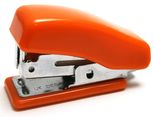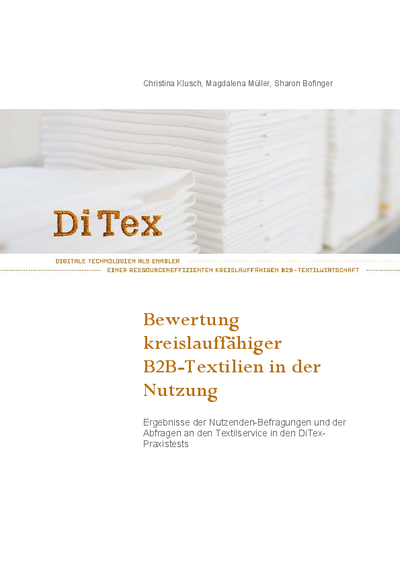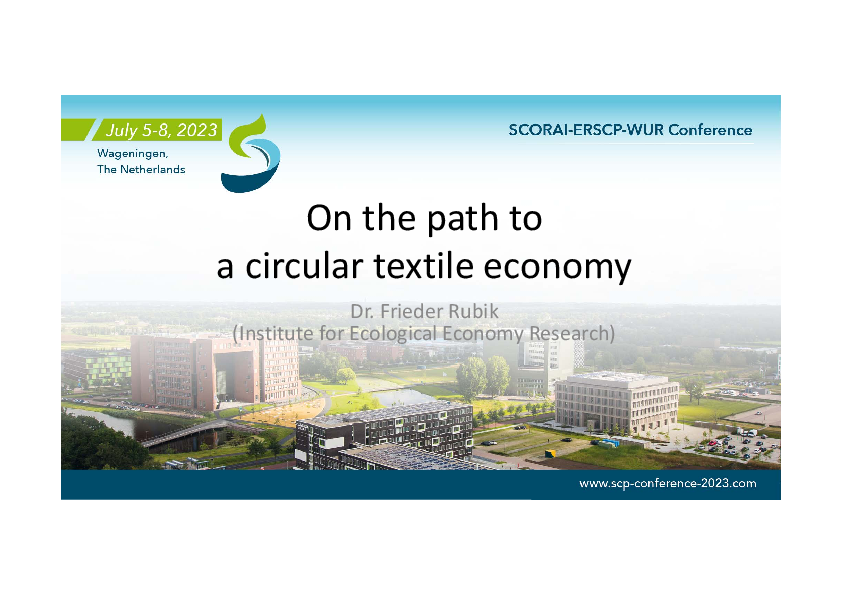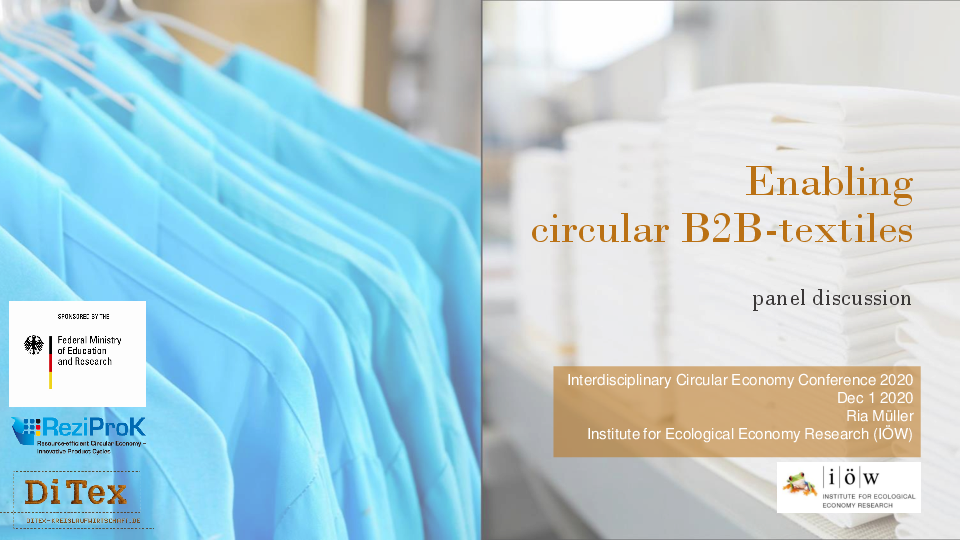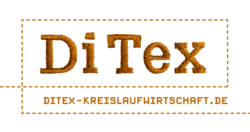DiTex – Digital Technologies as Enabler of a Resource-efficient Circular Economy: Pilot Test in the B2B Textile Industry
Whether in health care, gastronomy or police: Workwear leads to enormous quantities of identical textiles – with serious consequences for the environment. One possible solution is a closed-loop textile industry with functioning recycling processes and corresponding infrastructures. The logistics around workwear can be an optimal starting point to realize largely closed material cycles. In comparison to buying textiles, resource-efficient use of materials can be supported by the business model textile rental/leasing. The joint project “DiTex – Digital Technologies as Enabler of a Resource-efficient Circular Economy: Pilot Test in the B2B Textile Industry “ tests and evaluates quality, resource and sustainability effects of textiles that are recycled. Industry, science and textile businesses are working together on a textile recycling system, using work wear and bed linen as examples. The aim is to generate transferable application knowledge to save resources and increase productivity in the rapidly growing textile sector.
Production of Two Textile Product Lines
The project is developing product design processes for high-quality textile recycling, piloting two textile product lines made of recycled fibres together with textile companies and testing circular business models in a one-year test application with large-scale consumers, for example in the health sector. By 2022, business shirts and bed linen are going to be designed, developed and produced. Extensive textile-physical tests, washing and wearing tests will be carried out in the one-year test phase. The product lines developed in the network will be equipped with an "intelligent label" that ensures a flow of information about relevant parameters of the respective textile product between all stakeholders in the textile cycle. The "intelligent label" will provide the textile industry with knowledge about resource-efficient recycling management in the textile sector via a database of proven products and information on the
Network for Textile Recycling
The research partners carry out accompanying analyses and assessments such as a feasibility study as well as comparative life cycle assessments, which examine the product life cycles from production to disposal with all their costs and will review actual sustainability effects of these innovations. The description of the business model, the evaluations and the material pool are made publicly available free of charge. The scientific partners will use the testing concepts and quality standards for rented textiles made of recycled material in future analyses.
In addition, a total of 5 “Market dialogues" in which stakeholders discuss various matters such as product requirements, recycling capacities or sustainability certification are part of the project. The aim is to establish a stakeholder network for textile recycling. This will benefit the industrial partners, who, if the project is successful, will be able to commercialize marketable and verifiably recyclable and tested product designs in a wider range of products.
DiTex is part of the German national funding initiative "Resource-efficient Circular Economy - Innovative Product Cycles (ReziProK)”. ReziProK belongs to the Federal Ministry of Education and Research’s (BMBF) cross-linked research concept "Resource-efficient Circular Economy", funding projects that explore design concepts, digital technologies or innovative business models
The DiTex project team consists of partners from the sciences as well as from the field: The Institute for Ecological Economy Research (IÖW), WILHELM WEISHÄUPL - Hans Peter Weishäupl e.K., Dibella GmbH, circular.fashion, Hohenstein Institute for Textile Innovation, Faculty of Textile and Design at Reutlingen University and ifeu - Institute for Energy and Environmental Research. The project is going to run over a period of three years.
IÖW Project Team
- Alexa Brosius
- Richard Harnisch
- Christina Klusch
- Nina Prehm
- Dr. Frieder Rubik
- Sabrina Schmidt


